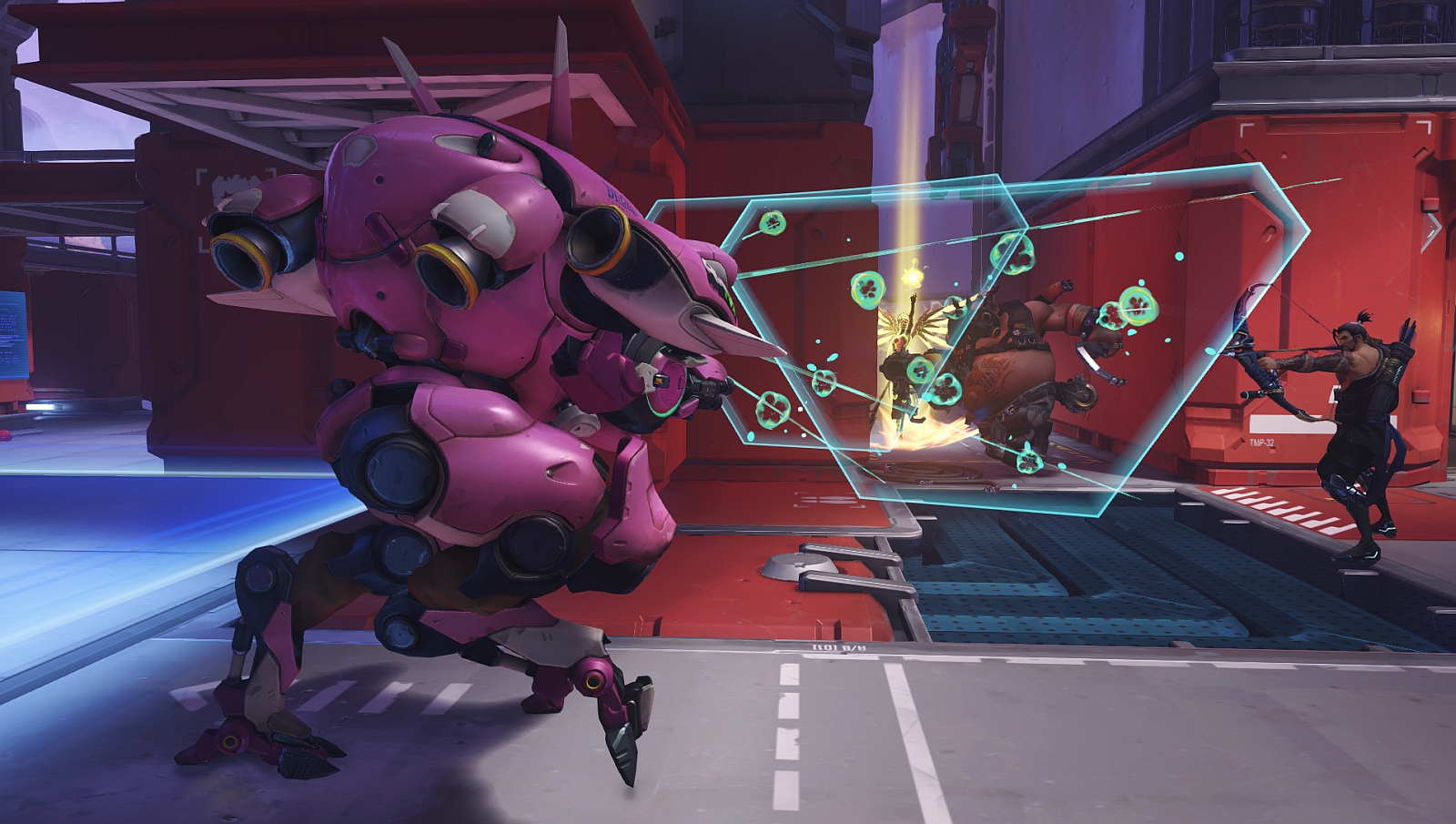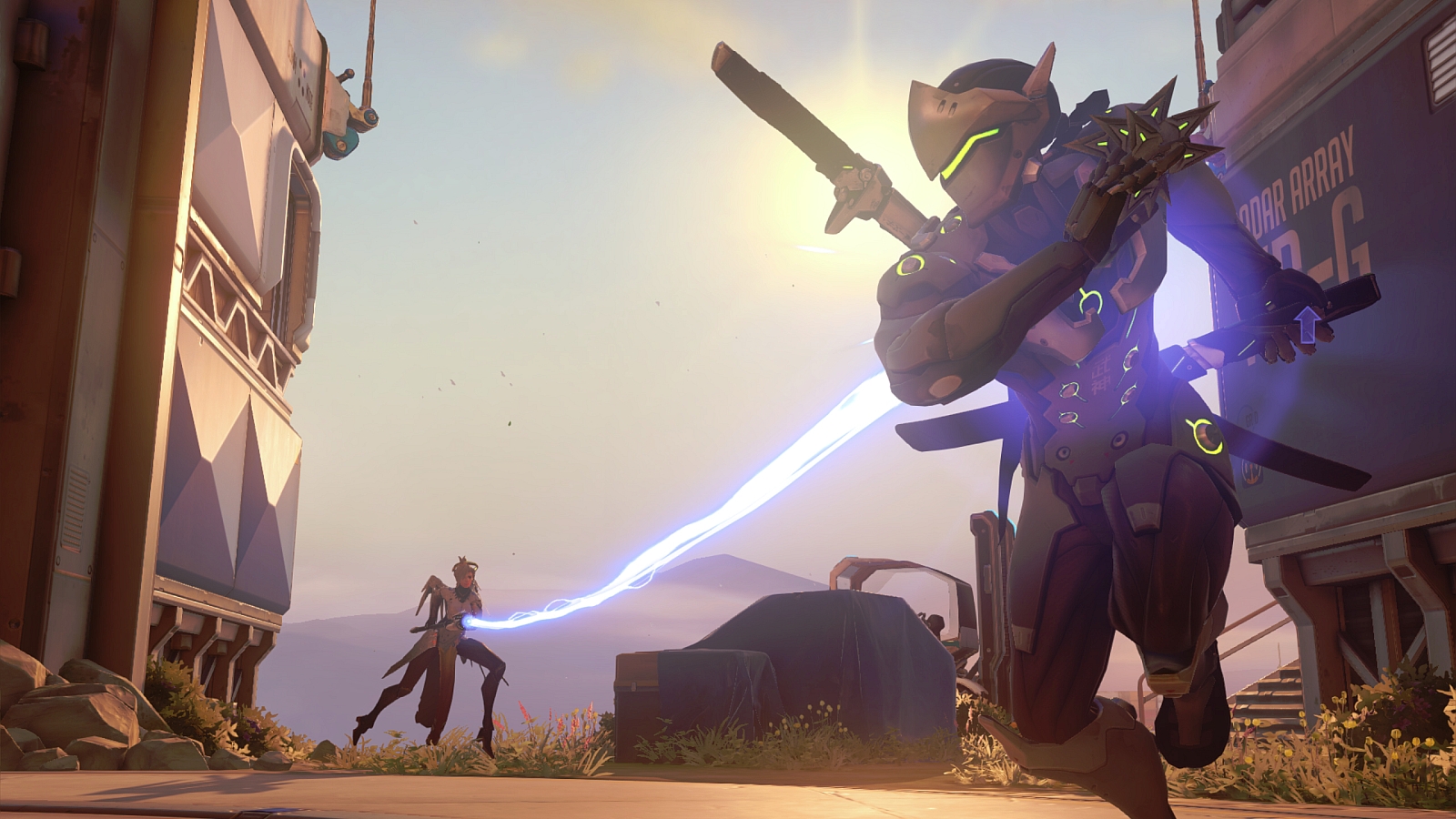
Since the announcement of Overwatch, fans have wondered if Blizzard’s team-based FPS has what it takes to make it at the competitive level. I’m one of them. While it's currently small, the Overwatch esports scene exists—and I can definitely see it growing. To find out if the pros feel the same way, I spoke to one of Overwatch’s early esports adopters.
“I see, for the first time in a long time, an exciting new shooter that won’t be worried about a dwindling player base in 6 months’ time,” says War Spirit ( @WaRSPiRiTUK), captain of Team SiTH. “The game already has the competitive shooter players excited and playing. As with all games from Blizzard, I expect great support for the game.”
Team SiTH is among the few early starters who jumped on-board the Overwatch hype train and started competing right from the get go. And yes, tournaments already exist, albeit smaller ones to test the waters. ”We got two 4th place finishes in the Alphacast European Tournaments in the first phase of Overwatch beta. We also played a ton of scrims against many different competitive teams” War Spirit says.
Overwatch in its current state doesn’t have a large competitive scene. It's mostly underground and played out by a handful of enthusiasts (reads: veteran FPS pros). After all, the initial batch of beta invites were limited, leaving most people to enjoy the game through streams—‘Onlywatch’, as they say.
But with the beta relaunched and more invites going out, we’re bound to see more competitive tournaments. So far, there have only been around five notable online events and they're mostly run by the community. Nonetheless, the Sombrero.gg Event and the ESL Atlantic Invitational, both of which had small prize pools, attracted some big name organizations like Fnatic and were well-received despite having no official esports mode built into the game.
When describing the game, War Spirit emphasises the importance of teamwork and hero composition as opposed to individual skill. “Competitive Overwatch is fast. It’s heavily focused around big team fights on objectives where the team with the best communication, fragging, and ultimate ability timing comes out on top.”
He continues, “It has a very 'skirmishy' feeling. I’m a fan of fast-paced, futuristic shooters where you can go in guns blazing, taking on multiple enemies at once and have the survivability to escape – that’s something that other shooters don’t have.”
Keep up to date with the most important stories and the best deals, as picked by the PC Gamer team.
Pro players are known to be a cut above the rest when it comes to overall mechanics. Most take pride in their near-aimbot level reflexes. But in Overwatch, you don't need those innate skills to succeed as a tank like Reinhardt, who requires team coordination to initiate battles, or Mercy, whose role is prioritizing the survival of herself and teammates through overall battle awareness.
"Reinhardt was a staple pick for every team," War Sith says. "It’s not that Reinhardt was too strong, [it's] just that his kit felt essential to have in many more situations than the other heroes."
And it's true. Reinhardt, much like the other tanks or positional based turret defenders, doesn't require the twitch reflexes of a CSGO AWP'er—he's a melee-only hero—but his ability to block all incoming damage with his shield is a vital asset for any team looking to push into enemy territory. A fast wrist flick may not be required, but you need good enough decision-making skills to understand when to engage or not. To the more strategy driven player, that can be an attractive proposition.

That's not to say there's nothing for the bloodthirsty, precision marksman. Players with fast reflexes and good game sense are rewarded on forward aggressors like McCree and Tracer, or snipers like Hanzo and Widowmaker. But no matter how great your skills with a cursor may be, you'd be hard-pressed to single-handedly mow down a solid tank, damage, and support composition. Much like its distant FPS cousin Team Fortress 2, or any MOBA, individual players adopt specialized roles that require very different skillsets. For the audience, that level of teamwork is attractive to watch. "I think it definitely will be, with the right spectating tools from Blizzard" War Sith says.
And this doesn't stop at the micro level either. At this time, there is no classic Team Deathmatch mode—kills are good, but aren't the sole reason for a match victory. Both Payload and Point Capture are objective-based with teams switching between offense and defense. The varying maps, modes, and objective sites require careful consideration of the team's current composition, and the teams who can adapt faster to the frenetic macro game will come out on top.
One thing War Sith notes is that certain champions are not often played at a high level on certain maps and objective points. "Some heroes like Torbjörn, Mei and Hanzo weren’t played at all at a high level," he explains. But with Blizzard's introduction of a third game mode in the new beta, he believes new compositions might arise, giving everyone's favorite heroes a chance in the spotlight. "The third game mode is exciting since it could encourage lots of new team compositions."
Overwatch has a high-enough skill ceiling to separate the pros from the joes, but also lets the common man enjoy a taste of competition, whether they play that type of game themselves or enjoy watching it play out. After all, some fans are worried the game will be a watered-down version of all the other shooters that came before it. To me, that’s not true and big-named esports organizations are starting to see the light. EnVyUs recently announced their new Overwatch roster, and we're bound to hear more big news soon.

PC Gamer Pro is dedicated to esports and competitive gaming. Check back every day for exciting, fun and informative articles about League of Legends, Dota 2, Hearthstone, CS:GO and more. GL HF!

